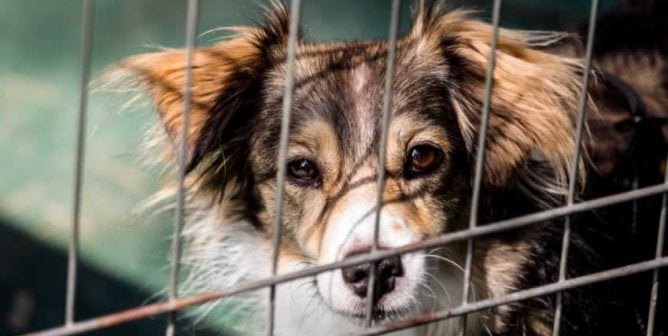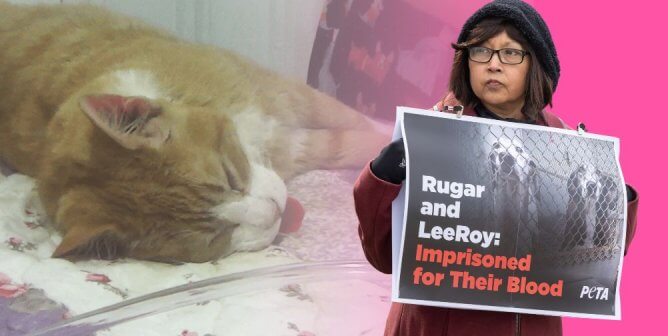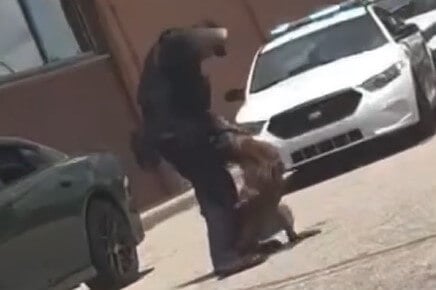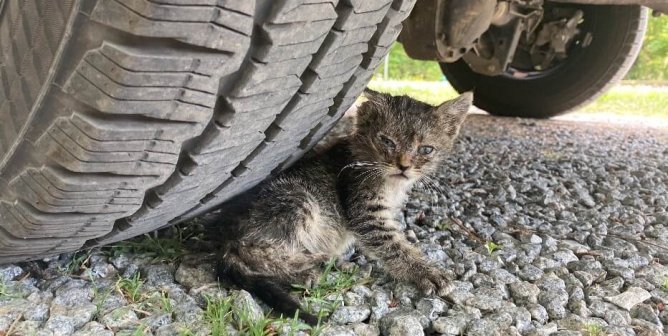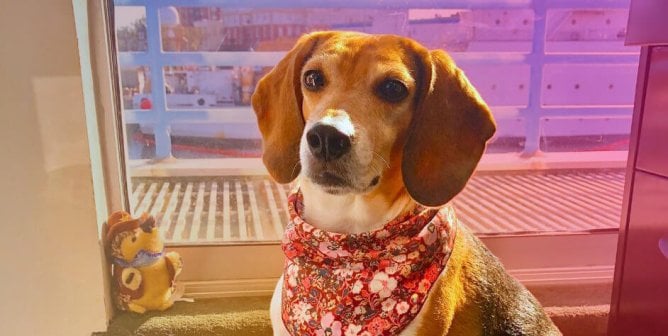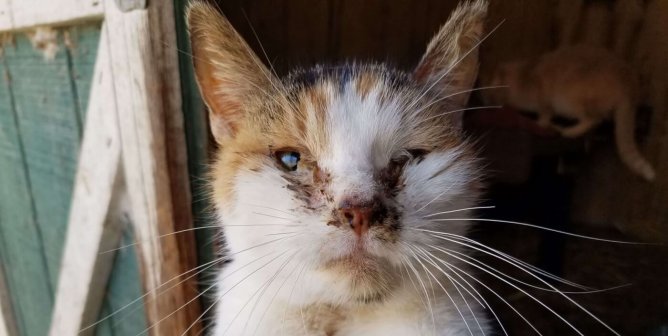Euthanasia: The Compassionate Option
A Compassionate Goodbye
When animal companions become very sick and are suffering, have no hope of recovery, and seem incapable of truly enjoying life, it may be time to provide them with a peaceful death through euthanasia by injection. Ask your veterinarian to talk frankly with you, and consider getting a second opinion if you’re in doubt. Make sure that you’re not prolonging your animal friend’s suffering because of your own fear of letting go. The tendency is to wait too long, at the expense of the animal you love.
If your animal companion is very nervous, you may want to obtain a dose of tranquilizer from your veterinarian and administer it two hours before the appointed time for euthanasia. The veterinarian will be able to give the injection to a relaxed patient more easily. You will also be calmer when your animal companion is at ease. It’s important to try to be cheerful and soothing until after your animal companion has lost consciousness.
Some veterinarians are willing to come to your home, which will ease the stress of animals who are in pain or fearful of cars or the veterinarian’s office. Otherwise, go to the animal hospital, perhaps taking along a member of your family or a friend to give you moral support and drive you home. If necessary, ask hospital personnel to help you carry your animal companion inside. If you plan to bury the body rather than leaving it at the hospital—or if your animal companion is in a great deal of pain or very fearful—you may want to arrange to have the doctor come to the car to give the injection.
Staying with your animal companion who’s being gently “put to sleep” with an injection of sodium pentobarbital into a vein in the leg can be a great comfort to the animal. If you’re extremely upset or nervous, however, you may convey those feelings to your animal friend—so it’s important to remain calm and speak in a soothing voice. While your animal companion’s brain will “go to sleep” immediately, the heart may beat a few minutes longer because circulation may be slowed from the tranquilizer, a medical condition, or old age. A careful veterinarian will monitor the heart until its last beat. You will never doubt that your friend had a peaceful departure from this life if you’re there to say goodbye at the very end.
Finally, remember that it’s normal to feel deep grief and a great sense of loss over the death of your animal friend. Please see our factsheet “The Loss of a Companion Animal” for assistance with and resources for dealing with this difficult time. Some hospitals and private grief counseling services now recognize the need to help people adjust to the loss of close friends and family members who don’t happen to be human. Take comfort in knowing that you did all that you could to make your animal companion’s passing as painless and peaceful as possible.
If you have other animal companions in your family, take their feelings into consideration, too. If they were closely bonded with the animal who has died, it can be very helpful to them to have the opportunity to see and smell the deceased’s body so that they know what has happened and won’t wait endlessly at the door for their missing companion to return. Animals often have deep feelings of grief and loss, too, when their dog or cat friends die. Be sensitive to their feelings, even as you work through your own, and try to help them through their grief by giving them extra attention and activities.
What You Can Do
If your local animal shelter is using any euthanasia method other than an intravenous injection of sodium pentobarbital, protest to local authorities and elected officials and work with the shelter to switch to humane methods. Check your state laws for prescribed methods of euthanasia and insist that your local shelter comply with these requirements. Euthanasia should always be performed by well-trained, caring staff members, and animals should never be euthanized in view of other animals.
References
1The Humane Society of the United States, “Pets by the Numbers,” last accessed Sept. 26, 2020.
2Ibid.
2Louisa Tasker, “Methods for the Euthanasia of Dogs and Cats: Comparison and Recommendations,” World Society for the Protection of Animals, 2015.
3Pittsburgh’s Action News 4, “Banned in 19 States, Animal Gas Chamber Still Legal in Pennsylvania,” Feb. 2, 2012.
4Sandra Newbury et al., “Guidelines for Standards of Care in Animal Shelters,” The Association of Shelter Veterinarians, 2010.

